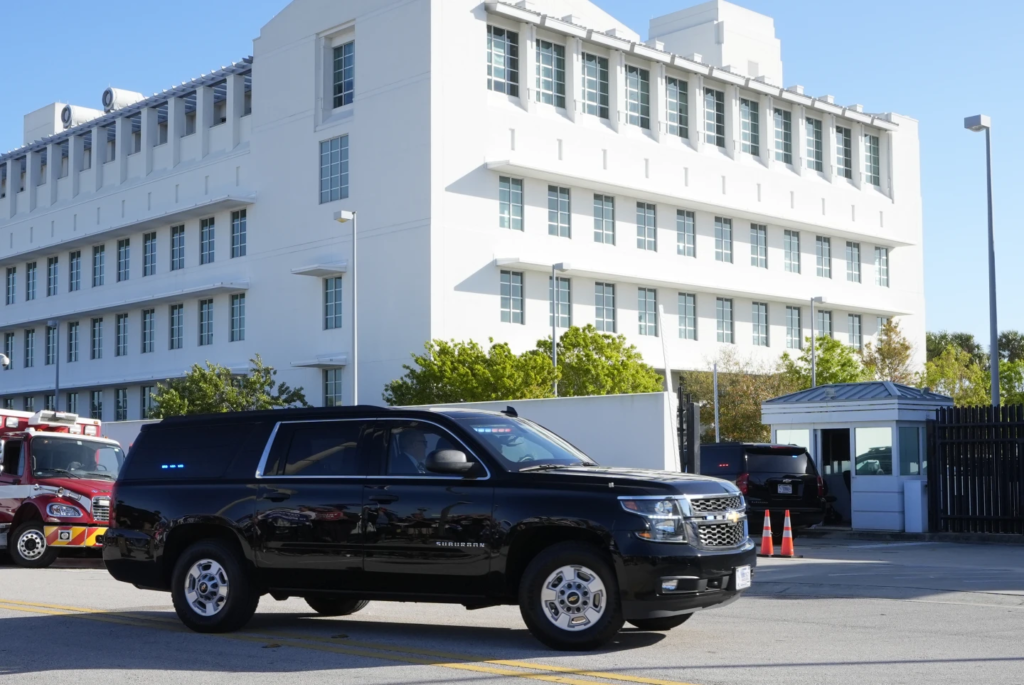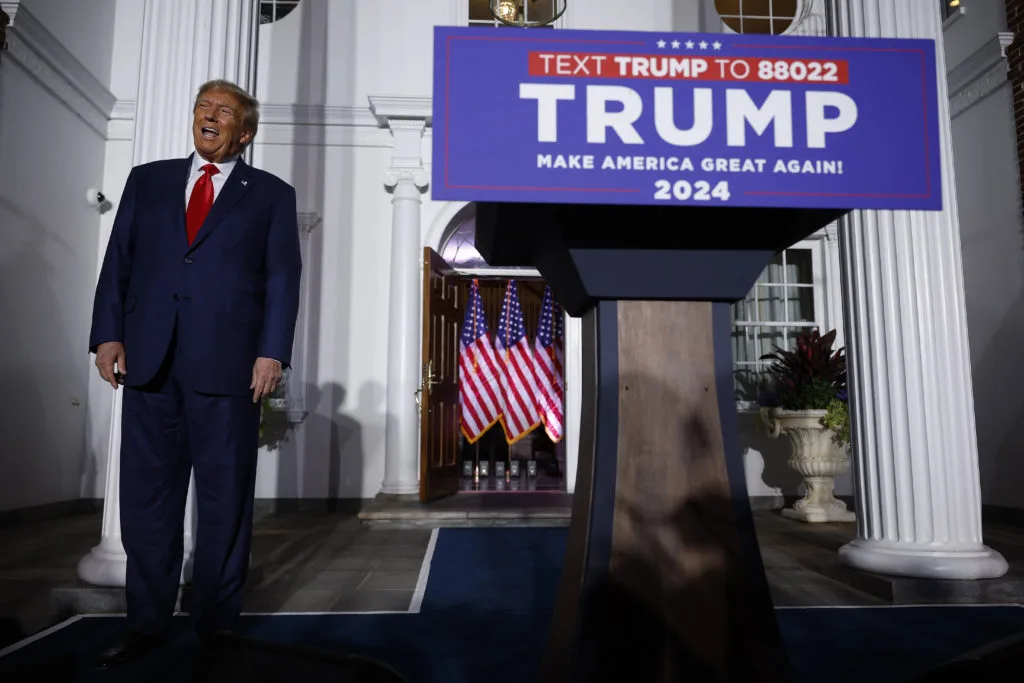Former US president Donald Trump was in a federal court in Florida on Friday for a hearing to set a date for his trial on charges of mishandling classified documents.
Special counsel Jack Smith, who brought the charges, has asked District Judge Aileen Cannon to move the scheduled start date for Trump’s trial from the current May 20 to July 8.
The 77-year-old Trump, the frontrunner for the 2024 Republican presidential nomination, has said it should not be held until after the November election.
“A fair trial cannot be held until after the 2024 Presidential election is concluded,” he said in a court filing.
But if the judge does insist on setting a date, Trump said a trial should begin on August 12.
Lawyers for the former president have sought repeatedly to delay his various court cases until after the November election when Trump could potentially have the federal charges against him dropped if he wins.

Trump pleaded not guilty in June to charges of unlawfully retaining national defense information, conspiracy to obstruct justice, and making false statements.
He kept the classified files — which included records from the Pentagon, CIA, and National Security Agency — unsecured at his Mar-a-Lago home in Florida and thwarted official efforts to retrieve them, according to the indictment.
Trump also faces federal charges of conspiring to overturn the results of the 2020 election won by Democrat Joe Biden.
That trial had been scheduled to begin in Washington next week but has been put on hold while the Supreme Court hears Trump’s claim that as a former president, he is immune from prosecution.
Donald Trump has lodged a similar presidential immunity claim with Cannon, the Florida judge, and she could potentially freeze the documents case pending a decision from the nation’s highest court on the immunity bid.
The Supreme Court has scheduled arguments in the high-stakes immunity case for the week of April 22 and is expected to issue a ruling before the end of June.
The question of whether a former president is immune from prosecution is an untested one in American jurisprudence because until Trump, an ex-president had never been charged with a crime.
A three-judge appeals court panel ruled earlier this month that a former president has no immunity from prosecution for actions taken while in the White House.




